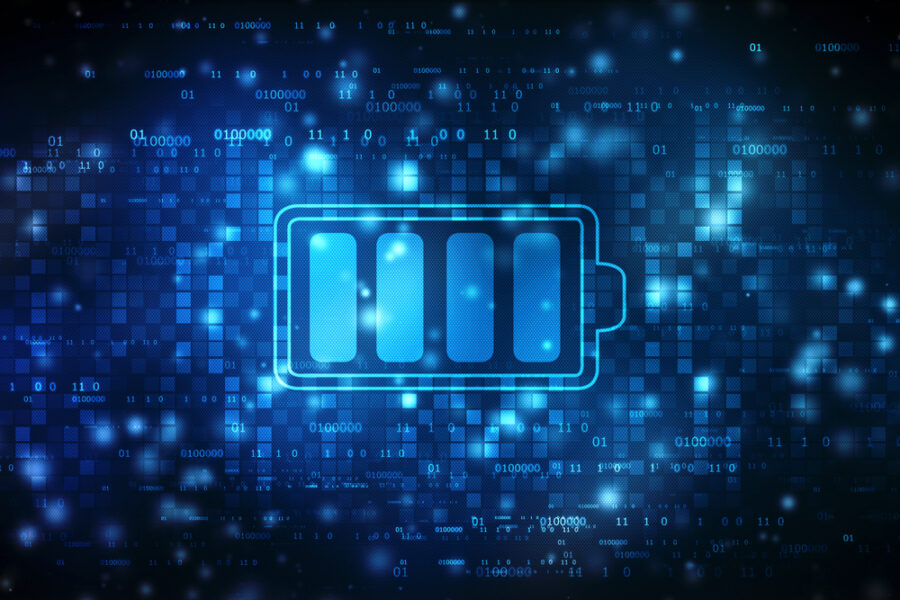Much to consider during a power outage, like ensuring home and cell phones work. A battery radio can keep families informed on news.
Preparation in advance can help reduce the fear of an outage and ease its impact on a family. A few smart purchases and good planning can make it easier to light up the night, protect perishables, and maintain connectivity.
What causes power outages?
The first thing to remember is that power outages happen when the electricity supply is interrupted somewhere between a power plant and your house. That means that problems inside your home seldom cause a random blackout.
One of the most common causes of power outages is extreme weather. Lightning, rain, snow, ice, and wind can all damage equipment and lines. Lightning can cut through a line; high winds can uproot trees or send them crashing into power poles and wires. In addition, the load on the lines in a storm can be heavy enough to overstrain them, making them break or short circuit.
Another cause of power outages is human error. Drivers who crash into utility poles, people digging in the wrong spot and hitting underground lines, or even just too many air conditioners running at once can all lead to a sudden loss of electricity.
Faulty or outdated equipment is also a significant problem. Unsurprisingly, aging systems need help with today’s energy demands, especially in areas with cold winters or hot summers. That’s why some larger power companies intentionally shut down their grids during severe storms or when the conditions threaten to overwhelm them.
In rare cases, a power outage results from deliberate interference with the electricity system by a foreign country or terrorist group. However, such attacks are rare, and the utilities that provide your home with electricity have extensive security measures to prevent these events.
How do people prepare for them?
Preparing beforehand is one of the best ways to deal with a power outage. While it might seem inconvenient to stock up on essentials, you’ll save money and time in the long run by having supplies that help you be prepared when the lights go out.
Power outages are often the result of weather, but they can also be caused by lightning, fallen trees, and equipment failures. Keeping a few emergency supplies on hand is wise if you live in an area prone to wild weather or natural disasters.
For example, a large cooler will help you store perishable food and drinks during a power outage. You should also purchase a few bags of ice to help keep your food cold and ensure a good water supply. If you are stranded, you’ll want to have some first aid supplies like bandages, wipes, and pain relievers.
Another important tip is to keep a few battery-powered flashlights and lanterns on hand and some candles that last up to 115 hours. You can invest in a solar-charged light or two that you can bring inside after dark and place in a sunny window to recharge. If you have pets, you may want extra food and water, especially if the outage is expected to last more than a day or two.
What can people do during a power outage?
Power outages can significantly impact people and communities, closing retail businesses, gas stations, grocery stores, and banks and causing food to spoil. They can also leave home residents without heat and air conditioning, interrupt power-dependent medical devices and cause water contamination and other safety concerns.
A power outage typically affects multiple homes, entire neighborhoods, and sometimes even entire cities. A power outage stems from the electricity supplier (the electrical grid) and not an individual home’s circuit breaker.
When the power does go out, take the following steps:
Know where to report a power outage. If your neighborhood is experiencing a power outage, you should first call your Transmission and Distribution Service Provider (TDSP) from a phone that is still working. This allows TDSPs to gather information from people affected by the outage quickly.
Have a plan for staying warm and cool during a power outage. If it’s cold, have a battery-powered heater or plan to evacuate to a family member or friend’s house. If you use a power-dependent medical device, contact your doctor to learn how to handle the situation. Keep your cell phone charged to stay connected to loved ones and emergency services. Consider getting a portable, dual-port USB charger to ensure your phones stay charged throughout the outage.
What can utility companies offer people during a power outage?
Severe weather is a top cause of power outages. Thunderstorms, hurricanes, and blizzards can damage power lines. Trees that fall or are trimmed too close to electric poles also can lead to outages.
Brownouts happen when electrical demand exceeds supply. These events aren’t as severe as a blackout but can still affect your equipment and household appliances. Your lights might dim, and your appliances may operate less efficiently or stop working during a brownout.
Power companies can allow customers to sign up for advance notices of rolling blackouts. This allows utilities to limit energy demand during peak times to protect sensitive sites, such as hospitals, from power loss.
If you’re a business owner, it’s essential to determine how much revenue will be lost during a power outage. Keeping operations running during a power outage can help you keep customers happy and loyal. In addition, having a backup generator can help reduce the impact of a power outage on your business.



 How Mobile Technology Is Transforming Sports Betting Experiences
How Mobile Technology Is Transforming Sports Betting Experiences




